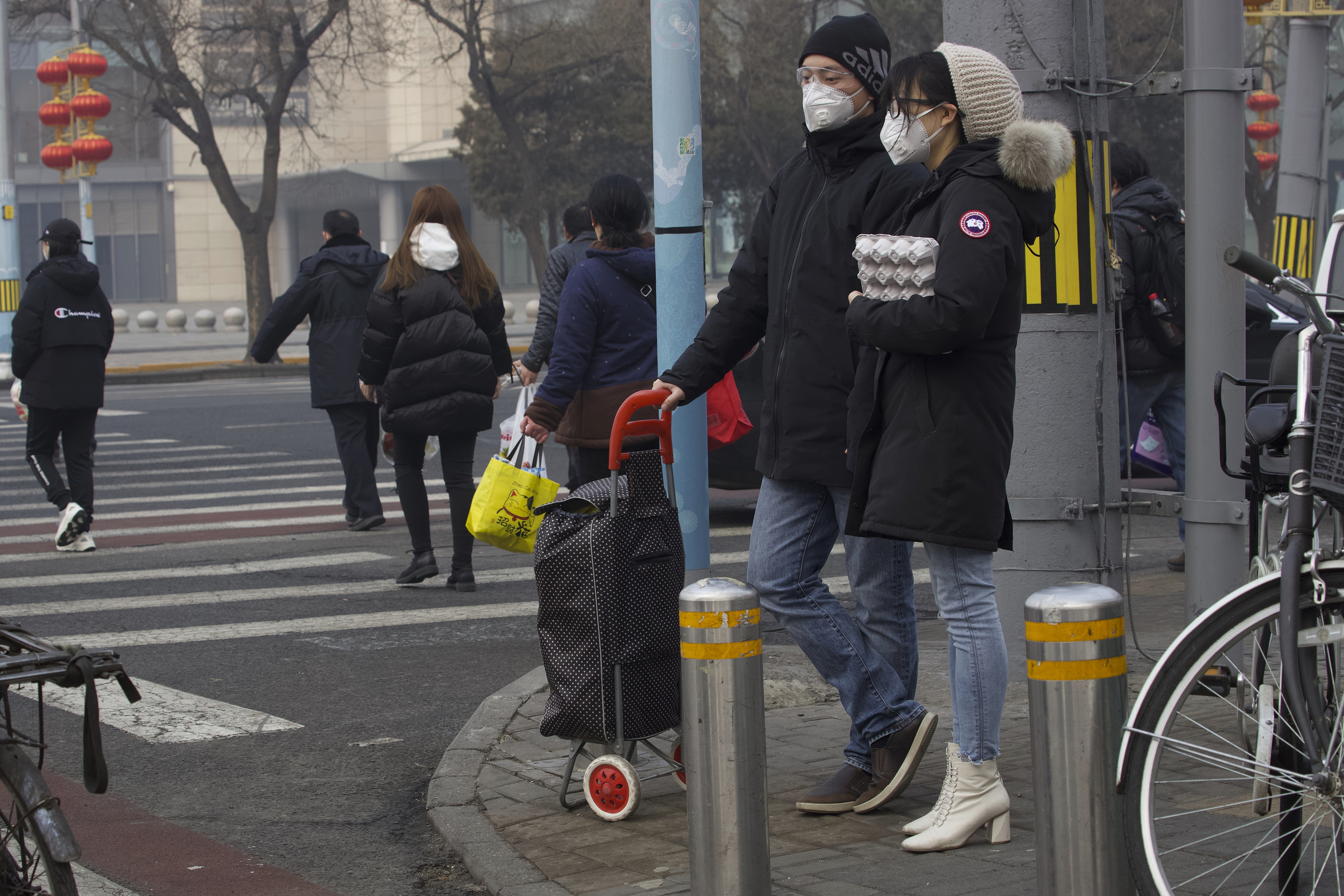An elderly Chinese tourist infected with the coronavirus has died in France, Paris said on Saturday, becoming the first fatality in Europe and the fourth outside mainland China from an epidemic that has rattled the world.
Thought to have originated from a wildlife market in the Chinese city of Wuhan, the outbreak has dented the world's second largest economy and presented a huge challenge to the ruling Communist Party.
Beijing’s latest figures on Saturday showed 66,492 cases and 1,523 deaths, mostly in central Hubei province. Outside mainland China there have been about 500 cases in some two dozen countries and territories, with four deaths in Japan, Hong Kong, the Philippines and France.
In the French case, the 80-year-old Chinese man died at the Bichat hospital in Paris of a lung infection due to the flu-like virus, health minister Agnes Buzyn said.
After an extended Lunar New Year holiday, China urgently needs to get back to work. But some cities remain in lockdown, streets are deserted, employees are nervous, and travel bans and quarantine orders are in place around the country.
Those returning to Beijing from the holiday have been ordered to undergo a 14-day self-quarantine to prevent the virus’ spread.
While there has been some hope expressed this week that the flu-like disease may be peaking in China, numbers keep rising and a trend has been hard to discern, especially after a reclassification that widened the definition of cases.
The biggest cluster of cases outside China has been on a cruise ship, the Diamond Princess, quarantined off Yokohama port. Out of 3,700 passengers and crew on board, 285 people have tested positive and been taken to hospitals.
The US said on Saturday it plans to send an aircraft to pick up American passengers and take them back home where they face another two weeks of isolation “out of an abundance of caution”.
The US has imposed some of the toughest curbs on travellers from China, going beyond WHO recommendations and offending Beijing. China has called for science-based responses and not panic.
In Hong Kong, which has seen months of anti-Beijing protests, hundreds of demonstrators marched on Saturday to demand full closure of the border with mainland China and to oppose plans to turn some buildings into quarantine hubs.
“Doing that (opening such centres) is like creating more wounds rather than trying to stop the bleeding,” said Chan Mei-lin among the protesters. TV images showed police making arrests.











